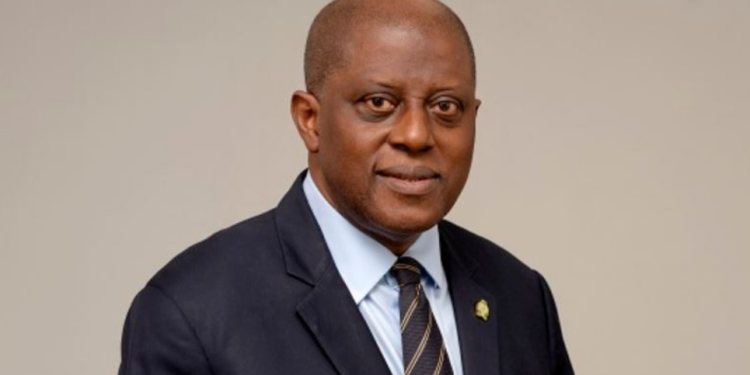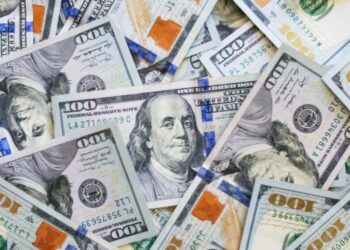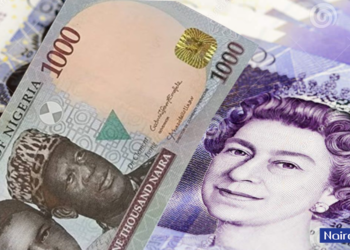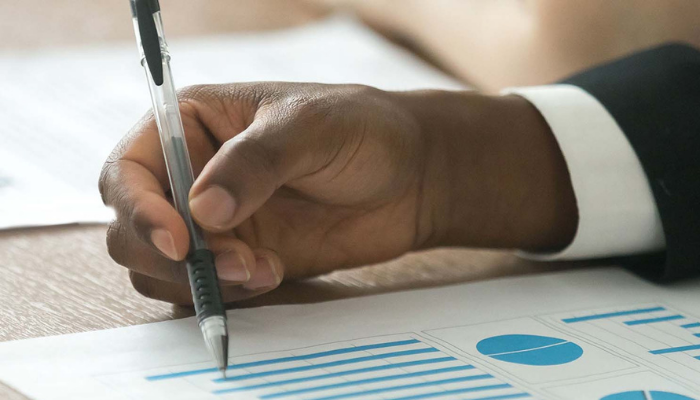The Governor of the Central Bank of Nigeria (CBN), Mr. Yemi Cardoso has stated that the current reforms being implemented by the federal government are attracting serious and growing interest from foreign investors.
Cardoso, speaking at the FT Africa Summit in London, emphasized that Nigeria must maintain its reform momentum as it is starting to attract “growing and serious interest” from foreign investors, highlighting recent visits by Citigroup CEO Jane Fraser and JPMorgan’s Jamie Dimon.
He said, “There’s an enormous amount of interest now, recognizing the fact that the Nigerian currency is relatively moderated and has made our economy a lot more competitive.”
“With the reforms that are being taken right now, it will put Nigeria in a far better position to see the increase on the growth side,”
CBN to tackle inflation with every tool at its disposal
- He also noted that while headline inflation is expected to ease in the coming months, food inflation remains “proving stickier.”
- However, the bank is actively collaborating with the government to address the issue.
- Mr. Cardoso stated that the central bank is ready to deploy all available tools to manage inflation effectively.
- Cardoso stated that the central bank’s measures to restore investor confidence are yielding results, with complaints about limited access to foreign exchange now “minimal” compared to earlier, when access was restricted to only a few individuals.
Impact of President Tinubu’s reforms
While President Tinubu’s signature reforms have been lauded abroad, at home, they have the worst cost of living crisis in a generation as food inflation during the year crossed 40% and headline inflation increased consistently for 19 months before the slowdown in July.
- Petrol prices have crossed the N1,000 per litre mark in many states and the federal government is looking at cost-reflective electricity tariff after removing the electricity subsidy for band A customers earlier in the year resulting in an over 200% increase in tariff for about 15% of Nigerians
- On Monday, the naira weakened by 4.3%—the most significant drop since October 15—reaching N1,670.65 per dollar. This decline came after dollar liquidity plunged by 72% to $81 million, marking its lowest level in over a month.
- Foreign exchange liquidity has remained constrained as Nigeria focuses on building its reserves, which reached $39.4 billion on October 24, the highest in nearly two years. Speaking at the summit, Cardoso announced that the central bank would begin regularly disclosing details of net reserves from early 2025 to promote greater transparency.
- He also noted that economic growth is expected to remain moderate next year, aligning with the World Bank’s forecast of around 3.6% for 2025, a slight increase from the projected 3.3% growth for this year.
























